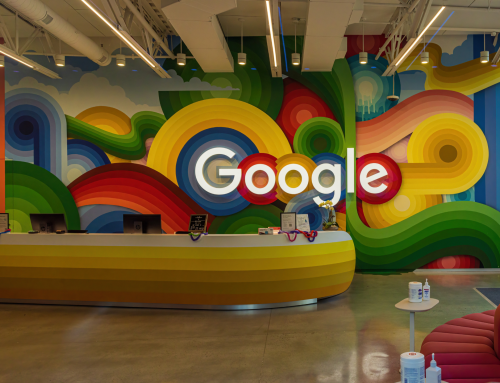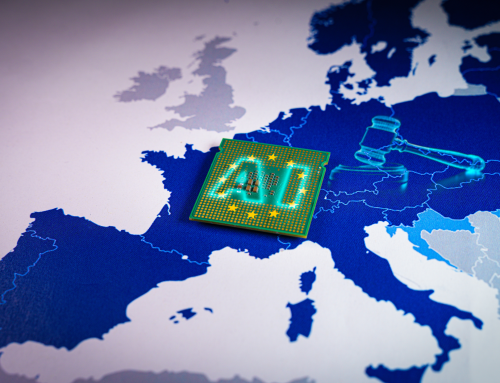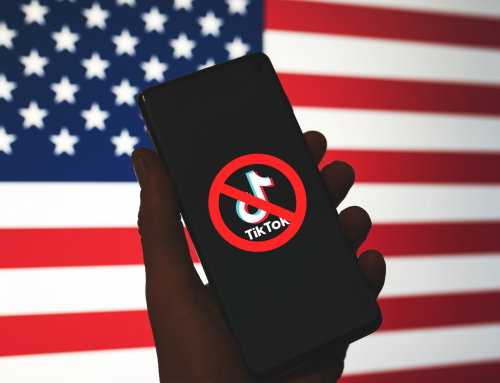The German Federation of Consumer Organizations (vzbv) is suing Tesla for misleading statements about CO2 emissions when buying Tesla vehicles. In addition, the vzbv believes that the “Guardian Mode” violates the General Data Protection Regulation.
The “guard mode” is a function with which, according to Tesla, “suspicious activities” on and around the vehicle can be recorded when the vehicle is parked and locked. When it is activated, several cameras film the area around the vehicle, which should make it easier to clarify attempted thefts, but also to convict parking violators or vandals. However, uninvolved persons can also be recorded.
Practically impossible to use in compliance with data protection regulations
“Users would have to obtain consent for the processing of personal data from passers-by who happen to walk by the car.” – Heiko Dünkel, Head of the Legal Enforcement Team at the vzbv
When using this function, customers are obligated to comply with the General Data Protection Regulation; violations could result in fines. Tesla conceals this from customers, says Heiko Dünkel, making it practically impossible to use the guard mode in a way that complies with data protection regulations.
Currently, there is only a short and general note in the support section of www.tesla.com:
“Note: It is your sole responsibility to observe and comply with all local regulations and property restrictions regarding the use of cameras.”
vzbv criticizes approval process
“The fact that the guard mode was approved despite massive data protection deficiencies points to gaps in the approval procedures for automated driving functions,” explains Marion Jungbluth, head of the vzbv’s Mobility and Travel Team. In Germany, she says, cooperation between the Federal Motor Transport Authority and the Federal Data Protection Commissioner needs to be strengthened.
Misleading statements on CO2 savings
In addition, the vzbv criticizes Tesla’s statements on the Model 3’s CO2 emissions, which are stated as 0g/km. This suggests that the purchase of such a vehicle reduces CO2 emissions from passenger cars overall. However, Tesla trades in the certificates, so what the company saves with its own vehicles, other manufacturers consume in addition to their own quota. This is a lucrative business that brings additional billions into the company’s coffers. In practice, various manufacturers join forces to form so-called Co2 pools. Their quotas are then no longer considered individually, but jointly. If a manufacturer’s fleet remains below its own limits, it can pass on the difference to other manufacturers.







